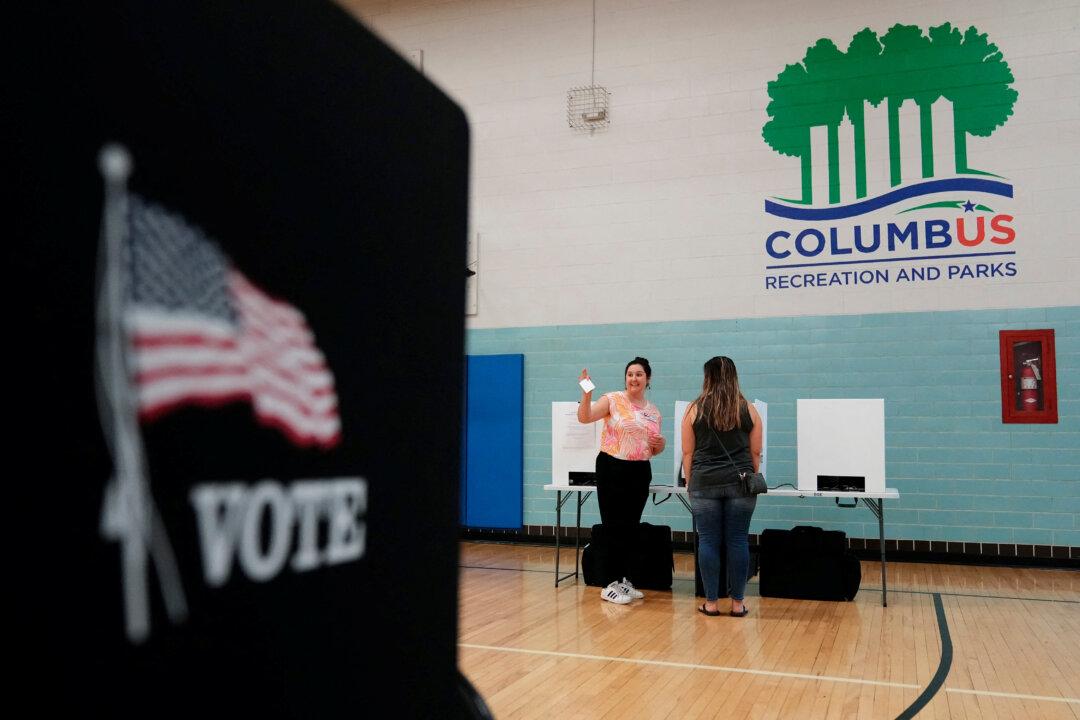Voters in five states will see 28 statewide referendums on Nov. 7 ballots addressing an array of tax-related, infrastructure, elections administration, and state government issues that generally are of little note nationwide.
Not so in Ohio, where “off-year” proposals to affirm the “right to make reproductive decisions including abortion” and to legalize marijuana are drawing interest—and money—from advocacy nonprofits across the country.





